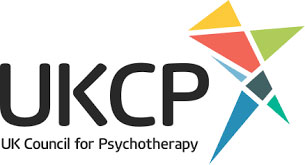PLANNING YOUR TREATMENT
During your treatment planning stage, you will usually undergo an assessment related to your existing addiction(s).
Assessment
At the beginning of the treatment journey, a qualified addictions counsellor carries out an assessment to identify the severity of the presenting issue in order to appraise treatment options that will best suit the individual.
Treatment Planning
An essential component of the addictions treatment process, treatment planning is a collaborative, motivational and dynamic process that identifies individual needs and goals in order to plan a range of interventions. After that, the treatment can move on to the next stage.
Review
During the treatment process, a treatment plan review takes place. Self-efficacy is supported when the client sees the progress they have made in meeting goals and making changes. Following that, further areas of development are identified and relevant changes are made to the treatment plan.
Asking for help is the first step
Email me now to discuss addictions treatment options
Addictions Counselling
Identifies the important psychological functions that addiction provides. Uncovers personal experiences that contribute towards the development of addiction. Therapy must be an attuned, relationally warm and reparative encounter for an individual seeking treatment.
Treatment Planning
A collaborative, motivational and dynamic process that identifies individual needs and goals in order to plan a range of interventions. It is currently understood that an individualised person centred treatment improves outcomes.
Rehab & Detox
One of the more effective addictions treatment options. Choosing the appropriate rehab to match individual needs is essential. A medical detox can be anxiety provoking, therefore it should be well planned and made as comfortable as possible.
Aftercare
Includes support groups and ongoing addictions counselling to continue the important process of exploration and self reflection. Evidence suggests that those with strong support networks and access to ongoing treatment are more likely to remain clean or sober.

